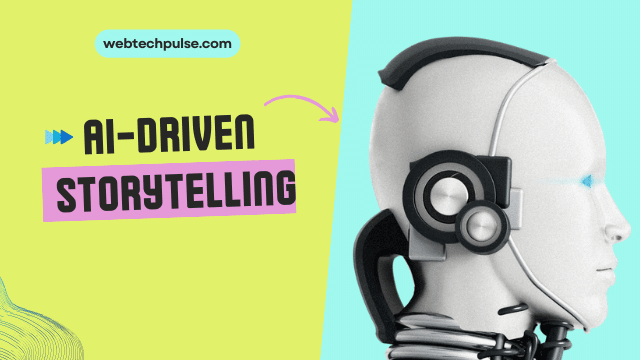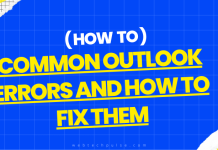Storytelling is an old way people talk to each other. It brings folks, cultures, and ages together. We tell stories to teach, make folks happy, convince them, or inspire. Stories can be shared by talking, writing, or showing pictures.
But what’s AI, and how does it change storytelling? AI, short for artificial intelligence, is when machines do things that usually need human smarts, like understanding language, seeing pictures, creating stuff, and learning from information. AI can make storytelling better, do things automatically, or completely change how we write, edit, design, and sell stories.
In this blog, we’ll see how AI storytelling is making content in a new way. It’s moving from still blog writing to lively video stories. We’ll talk about DeepBrain, a tool that turns any text into cool and lifelike AI videos.
Evolution of Storytelling with AI
Storytelling changed as tech and society grew, and AI is a big part of that change. It’s one of the newest and most important things affecting how stories are told. Some of the ways that AI has influenced storytelling are:
Historical context of storytelling:
Storytelling goes way back, happening in many cultures and civilizations. It’s been a way to keep and pass on knowledge, values, and traditions. People use stories to show and understand emotions, identities, and experiences. Over time, storytelling changed with the tools and technologies of the day, like talking, writing, or using pictures.
Rise of AI technology in various industries:
AI tech grew really fast in the last few decades, affecting many areas like education, health, business, and entertainment. It brought in new chances and ideas but also some challenges and risks for different fields and industries.
Integration of AI in content creation and storytelling:
AI tech is now part of making content and telling stories. It has good and not-so-good sides for creators. On one hand, it helps them make better content quickly and reach more people. But on the other hand, it brings up ethical and social problems, like being real, taking responsibility, being clear, and keeping things private.
Transforming Blog Posts into Dynamic Video Narratives
A big change we see in AI storytelling is moving from still blog writings to lively video stories. It’s a noticeable and important trend. Some of the reasons and factors behind this trend are:
Overview of the shift from text to video:
Writing is a usual and old way to create content and tell stories. It’s good for sharing info, messages, and stories in a clear and short way. But sometimes, reading can be boring, tiring, or tough to understand and remember. Videos are a trendy and new way to make content and tell stories. They’re good at sharing info, messages, and stories in a fun, interactive, and easy-to-remember way. Videos also have some good points, like being interesting, easy to reach, and doing a good job.
Role of AI in creating dynamic and engaging video content:
AI is super important in making exciting videos. It helps creators and storytellers handle problems like time, money, skills, or quality in video making. AI also helps make videos better by improving things like animation, storytelling, emotions, and making it more personal.
Advantages of AI-Driven Video Narratives
Videos made with AI can bring some good things for creating content and telling stories, such as:
Enhanced audience engagement:
AI-made videos can catch people’s interest and hold it. They get the audience really into the content. These videos made with AI can also touch people’s emotions and senses, making the experience more memorable and enjoyable.
Improved visual appeal and storytelling effectiveness:
Videos created with AI can make content look better and tell stories in a more effective way. They make things more lively and interesting. These AI-made videos can also make complicated or hard-to-understand ideas simpler and clearer, giving more background and proof.
Use of DeepBrain in AI-Driven Video Narratives
One really cool platform that makes AI videos is DeepBrain. It can change any text into a lifelike and interesting AI video in just a few minutes. With DeepBrain, content creators and storytellers can:
- Pick from different templates, themes, and styles that match what they’re talking about and who they’re talking to.
- Change how the AI character looks, sounds, speaks, and feels, or even use their own face and voice.
- Put in pictures, videos, music, sounds, or subtitles to make the video look better and be clearer.
- Share the AI video on their website, social media, or other places, or save it to use without needing the internet.
DeepBrain is a strong tool that helps creators and storytellers make videos that are more interesting, interactive, and personal. It helps them shine in the busy online world where lots of people are trying to get attention.
Conclusion
AI storytelling is making a big difference in how we create content. It’s shifting from still blog posts to lively video stories. Using AI for videos has its good sides, like getting more people interested and making things look better.
But there are also challenges, like being real, taking responsibility, being clear, and keeping things private. DeepBrain is a groundbreaking tool that turns any text into lifelike AI videos. It can be a game-changer for creators who want to make their content more awesome.












